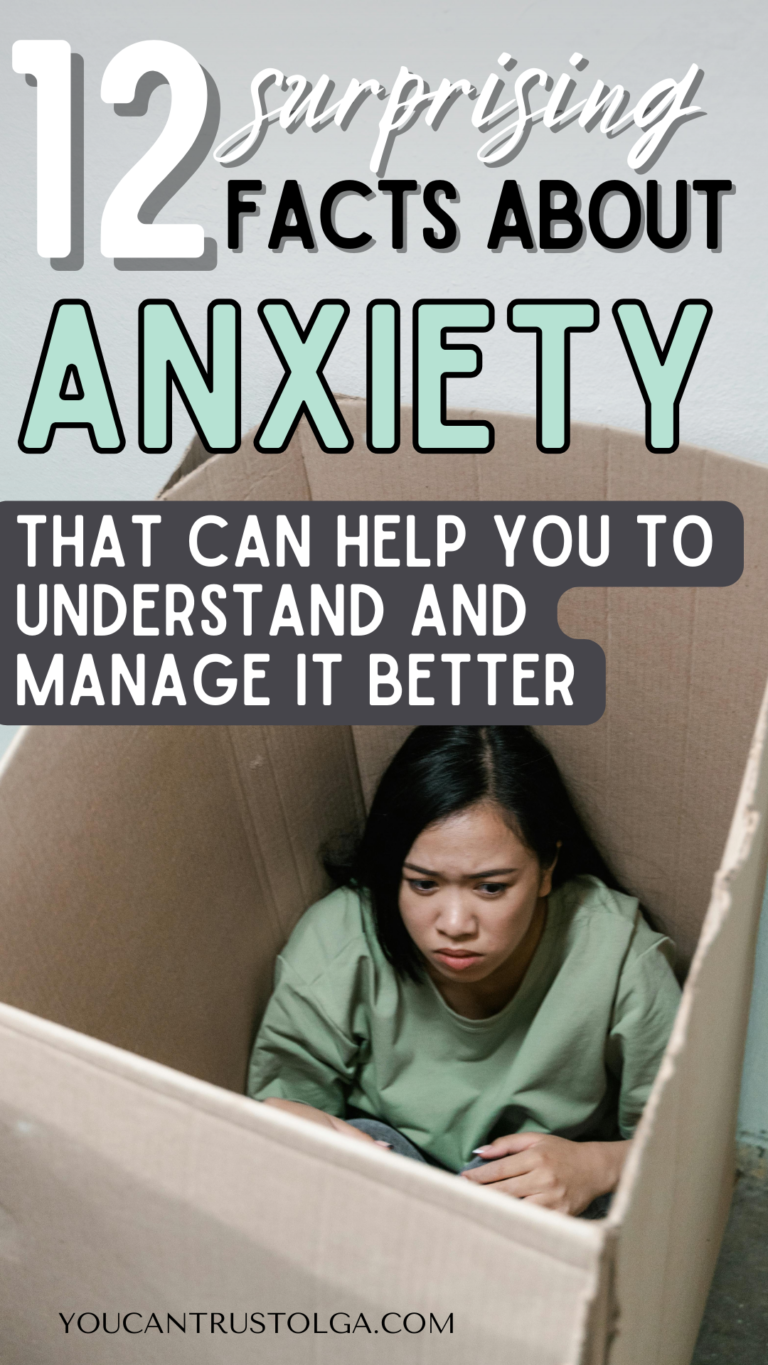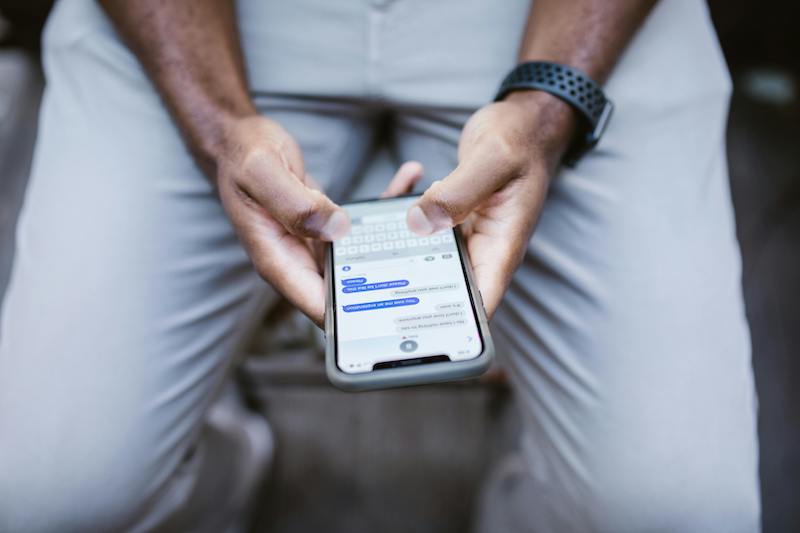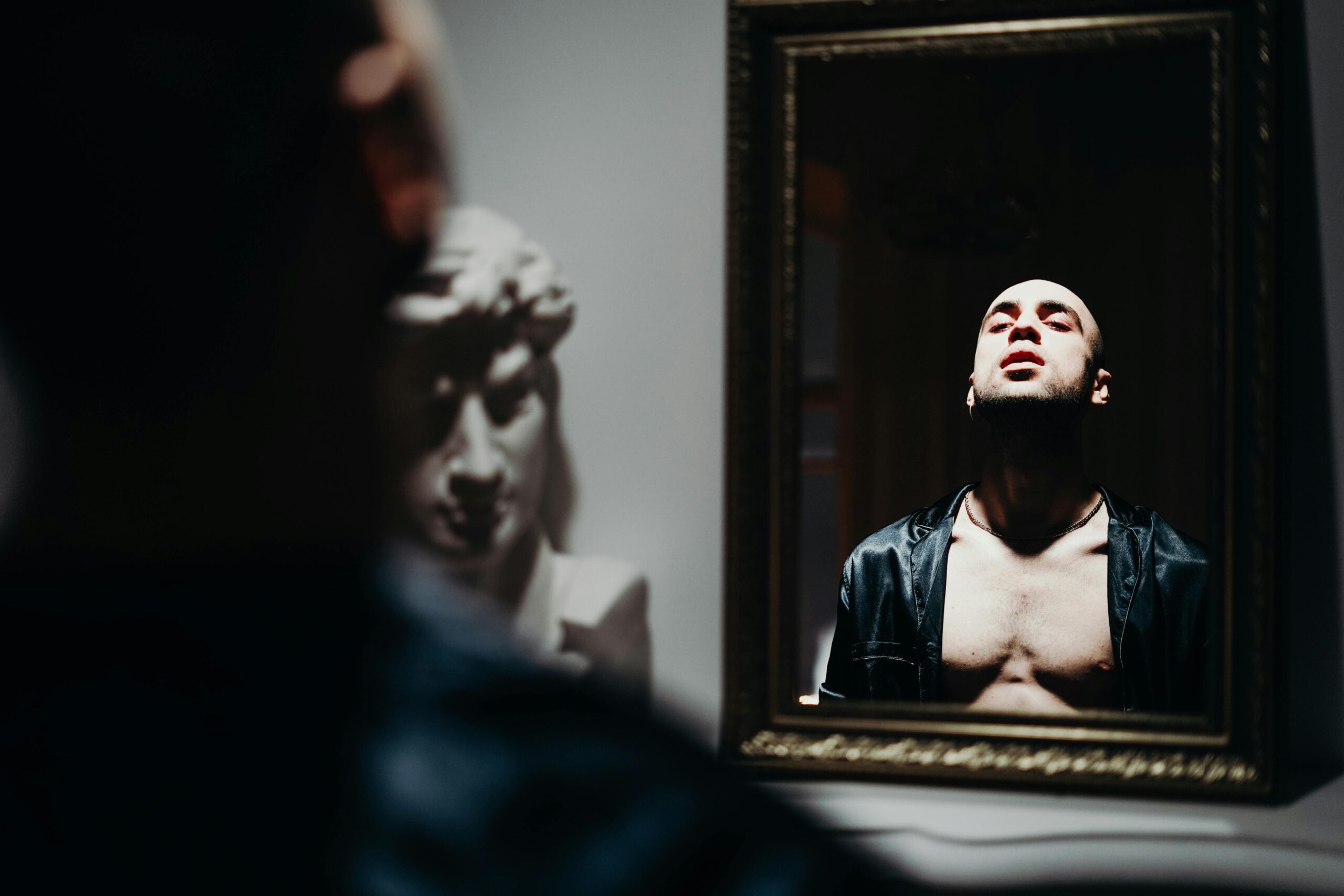Anxiety is a common and often misunderstood mental health issue that affects millions of people worldwide. While many may think they know all there is to know about anxiety, there are some surprising facts that might just change your perspective on this condition.
Understanding those facts might shed some light on your understanding of anxiety in general and will give you fresh insights on how to deal with it. Let’s take a look.

#1 Anxiety is a liar
Anxiety is an uninvited guest, that sneaks into our brains without permission and creates a whirlwind of anxious thoughts. It then loudly tells us things the validity of which we do not usually question.
For example, social anxiety tells us that people think of us in a negative way and most likely judge us. Performance anxiety conveys that we most likely fail and embarrass ourselves. Panic disorder warns us that we most likely have more panic attacks if we visit certain places.
Anxiety doubts our capabilities, suggests that we are imposters, and makes the worst forecasts ever. But it is all a big fat lie. Do you know why? Because…
#2 The purpose of the anxiety is to protect us
Anxiety is a survival mechanism that is hardwired into our brains. It is a natural response to perceived threats, whether they are real or imagined. In the face of danger, our bodies release stress hormones which trigger the fight or flight response, preparing us to either confront the threat or run away from it.
In the earlier times when physical danger was quite common anxiety played a vital role, but the world changed and we live in the safest times ever possible.
Yet, the human body is not able to change that fast and the reptile brain is still with us, looking for possibilities to serve us. Since such possibilities are quite rare, simply innocent dangers such as tomorrow’s “big” presentation at work, a public speaking event or even driving to an unknown location can cause a lot of overthinking and anxiety.
#3 Anxiety cannot be completely eliminated
No one likes to feel anxious and in this day and age, we have ZERO TOLERANCE for any type of discomfort. That is why the pharmaceutical industry is thriving. In the Western world, we are addicted to feeling good and if all it takes is a pill a day, we will gladly take it.
Yet feeling anxious is natural, just as experiencing any negative sensation is.
In existential therapy, it is believed that anxiety is an inevitable part of human existence. It stems from our fundamental fear of the unknown and our desire for control.
Trying to eliminate all anxiety would be like trying to eliminate all negative emotions – it’s simply not possible.
What we can do instead is learn how to manage and cope with our anxiety HOLISTICALLY. This involves understanding its root causes and triggers, as well as developing healthy coping mechanisms such as mindfulness techniques or therapy.
#4 Anxiety lives in the body
Anxiety is not some abstract matter that is floating in the air, it must have something tangible to be attached to, like a physical address. Our bodies are the perfect material grounds for it. Anxiety is produced by biochemical reactions in our brains and then “safely” stored in muscles, manifesting itself in physical symptoms such as headaches, muscle tension, and stomachaches.
That’s why the most popular methods to relieve anxiety include physical exercise, deep breathing, and progressive muscle relaxation. The idea behind it is to first, make a positive shift in the biochemical hormone production machine, and second, kick all this already stored anxiety tension out of the body.
One of the most effective tools to release the tension associated with anxiety from your body is the Somatic Workout (learn more here).
#5 Anxiety can’t live in the present moment
Anxious thoughts are either worry about the future or rumination about the past.
The present moment holds no space for anxiety because anxiety thrives in uncertainty and by staying grounded in the present, we are letting go of the thoughts with all the uncertainty that comes with it.
The more we find opportunities throughout the day to pause and stay in the now, the less anxious we will feel.
#6 Anxiety will not kill you, meaning you can look directly at its eyes
Anxiety is uncomfortable and no one likes to experience it but it is not something that can physically harm you. Our tendency is to push negative feelings away, get distracted, or avoid them completely.
Facing anxiety head-on and acknowledging it can be a powerful experience. By doing so, you can finally see anxiety for what it is – JUST A SENSATION.
Approaching anxiety with curiosity can result in intriguing insights and discoveries about yourself, your body, and your life in general. It’s like in a bad dream when you’re chased by some monster. Instead of running or hiding, you turn around, face it, and ask, “What do you want from me?”
#7 But you can kill anxiety with self-compassion
How can self-compassion work for anxiety management? The concept of self-compassion is built on three pillars: mindfulness, common humanity, and self-kindness.
Mindfulness means being aware of your thoughts and feelings in a non-judgmental way. It allows you to observe anxiety without getting caught up in it.
Common humanity reminds us that we all face challenges and struggles in life, including anxiety. This helps to reduce the feeling of isolation and shame often associated with anxiety.
Self-kindness involves treating yourself with compassion and understanding, rather than harsh criticism.
In simple words, implementing and practicing the concepts of self-compassion can help you to develop this special SELF-SUPPORT SYSTEM needed to cope with anxiety and panic attacks. On spot. By yourself. Without any medication.
#8 Anxiety feeds of resistance
The more you deny that you are anxious, the more you try to push it away and become this positive happy person again, the more anxious you get. This is because anxiety feeds off resistance and trying to suppress an anxiety attack only gives it more power.
When we try to control anxiety we delude ourselves, we mistakenly assume that we are THAT capable. If we could control anxiety, we would just prohibit it from happening once and for all, but this is obviously not the case.
Anxiety comes and goes and when we accept its nature and its cycles and stop resisting it, we increase our chances to deal with it effectively.
#9 Exercise is one of the most effective natural ways to manage anxiety
Indeed it is. Exercise has been PROVEN to be a powerful tool in managing anxiety. Not only does it release endorphins, chemicals that improve mood and reduce pain, but it also helps to regulate stress hormones such as cortisol.
In my opinion, the most effective and proven exercise type that really helps to get rid of anxiety is cardio. It does magic to me. I see a huge shift to a better in the frequency and intensity of the anxiety attacks when I’m consistent with my cardio routine.
#10 Social media contributes to feelings of anxiety
Social media is a perfect breeding ground for insecurities, self-doubts, and feelings of not-enoughness.
When we follow the lives of hundreds of people, who set the example on how to live, how to look, and what to like, we lose the sense of reality and become INADEQUATE in our expectations toward ourselves and life.
Anxiety on many occasions is the tension between WHO YOU ARE AND WHO YOU THINK YOU SHOULD BE. Social media does a perfect job of conveying the message: “You should be something else, you are not good enough.”
Additionally, social media contributes to the fear of missing out (FOMO). With a constant stream of updates, photos, and events from our peers’ lives, it’s easy to feel left out or behind in comparison.
The illusion is that the whole world is having a big party and you are the only one who is left behind, missing all the fabulous opportunities. Sounds like a perfect recipe for chronic anxiety to me.
#11 Anxiety runs in families
Some attribute anxiety to genetics, which holds some truth. However, it’s more intriguing to me how anxiety can manifest as a learned behavior within families, being “successfully” passed from generation to generation.
If you think about it we all respond to stress and uncertainty differently, and we all have different ways to cope with anxiety.
The learned patterns of dealing with anxiety might not be explicitly taught but rather observed and absorbed by mirroring the anxious tendencies that run in the family. If as a child you witnessed your mother constantly worry and become anxious over small things, you are more likely to develop similar patterns of behavior.
#12 There is no one-size-fits-all approach to treating anxiety
Each person’s experience with anxiety is unique, therefore the treatment and coping mechanisms that work for one individual may not necessarily work for another.
It’s important to understand that there are various forms of anxiety and each requires a different approach to manage it effectively.
This is why seeking professional help from a therapist or counselor can be beneficial in finding the best treatment plan for your specific needs.





